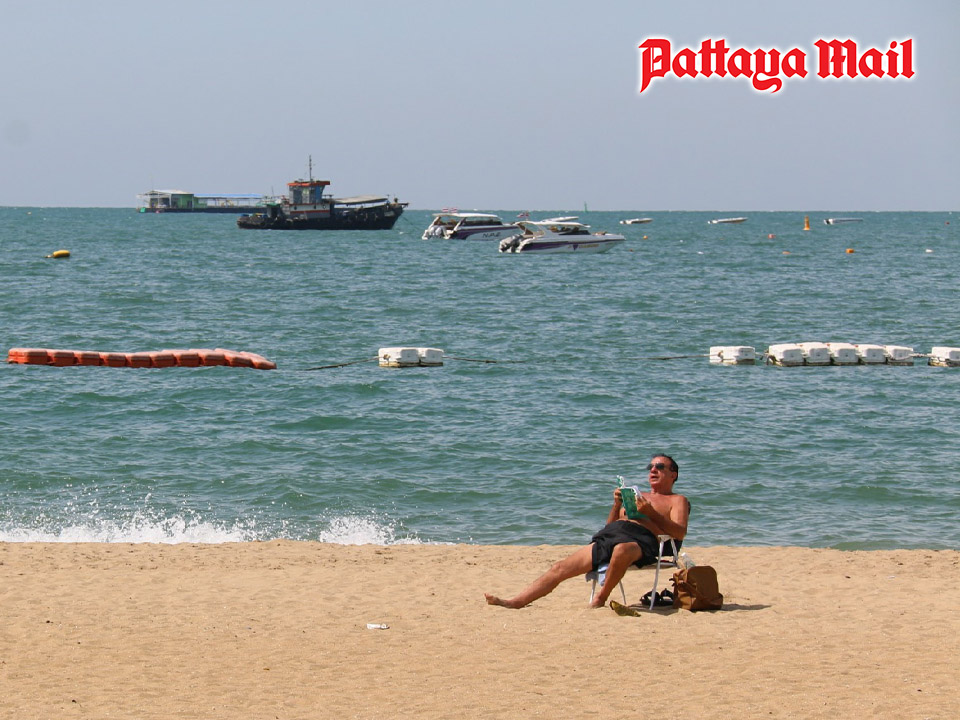
PATTAYA, Thailand – Foreigners living in and visiting Pattaya are growing concerned as the Thai baht continues to strengthen, making everything from hotels to dining and entertainment more expensive for those earning in foreign currencies. For expats, retirees, and long-term visitors who rely on steady income sources from abroad, the stronger baht means less spending power and rising costs of living.
Many speculate that the baht’s movement is not entirely natural, with some suggesting currency manipulation to keep Thailand’s economy stable on paper. However, others argue that fluctuations are normal and that there’s no need to panic—after all, the baht was once at 28 per US dollar before weakening. While some tourists may feel the pinch, experienced expats remind newcomers that the exchange rate has seen ups and downs before.
For businesses in Pattaya, a stronger baht could have mixed effects. While it may boost confidence in Thailand’s economic stability, it also makes the country more expensive for foreign visitors, potentially affecting tourism revenue. If the baht continues its upward trend, some fear it could deter budget-conscious travelers, shifting Pattaya’s tourism focus toward high-spending visitors.
For now, most are watching closely, hoping that the exchange rate remains stable enough to keep Pattaya attractive for tourists and expats alike.
Thai baht strengthens, opens at 33.55 against the US dollar on Friday
The Thai baht opened stronger on Friday at 33.55 baht per US dollar, appreciating from yesterday’s closing rate of 33.63 baht per dollar. The currency is expected to fluctuate within a range of 33.45 – 33.75 baht per dollar throughout the day.
Since last night, the baht has gradually strengthened, approaching the key support level of 33.50 baht per dollar, trading within a range of 33.52 – 33.69 baht per dollar. This movement follows the continued weakening of the US dollar, which coincided with a slight decline in the US 10-year bond yield.
Despite statements from Federal Reserve officials advocating for a slower pace of interest rate cuts, uncertainty surrounding Trump’s trade policies has done little to support the US dollar, allowing the baht to gain strength.










